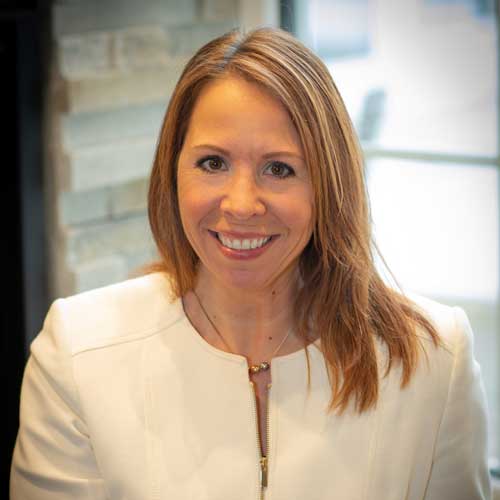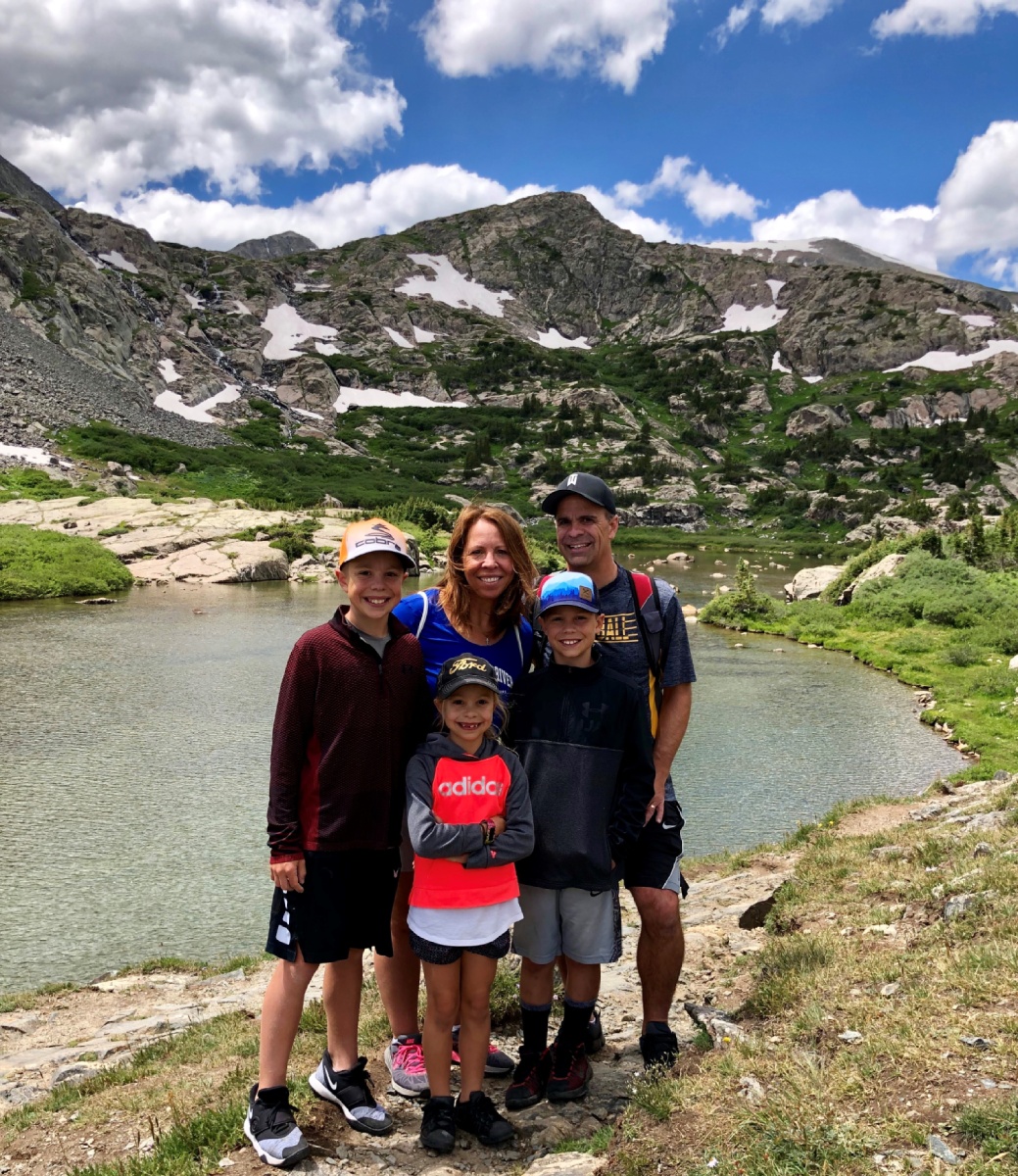
Dr. Piacsek is expanding on Rogers' history of research and outcomes
03/25/20 10:00:am As a biomedical engineer, Kelly Piacsek, PhD, vice president of Research, has worked in product development, innovation, and research at a number of large organizations, such as GE Healthcare and Advocate Aurora Health. She never envisioned that she would one day be establishing a new research center in a leading behavioral health system.
As a biomedical engineer, Kelly Piacsek, PhD, vice president of Research, has worked in product development, innovation, and research at a number of large organizations, such as GE Healthcare and Advocate Aurora Health. She never envisioned that she would one day be establishing a new research center in a leading behavioral health system.
However, her passion for research and innovation, and how Rogers’ values align with her own made coming to Rogers an easy choice.
“What is so attractive to me about Rogers is our emphasis on strategy and outcomes with the agility to implement evidence-based improvements quickly,” Dr. Piacsek says. “The work that I’ve been invited to do here is directly connected to the mission of the organization, which in my experience, is critically important for developing successful research programs within health systems.”
Dr. Piacsek has always been aware of Rogers, having lived in Waukesha for the past 20 years, but says she only recently came to appreciate the full impact it has on the community.
“We know families and friends in our community whose lives have been changed for the better because of Rogers’ services,” she says. “But I didn’t fully appreciate our national breadth until recently. It’s rewarding to see an organization that both serves and benefits from the great people in our community also have such a positive impact on the whole country.”
What is the Rogers Research Center?
The Research Center builds on more than a century of experience in evidence-based clinical practice. Rogers has been collecting data on patient outcomes using gold standard self-assessments for more than 20 years. Now Rogers has committed to taking research to the next level.
“Rogers’ focus on outcomes and collecting data puts us in a unique position to do the kind of research that behavioral health has been lacking for a long time,” she says. “Behavioral and psychological research has been limited by small sample sizes and more qualitative, versus quantitative, results. So, while there have been incredible advances in treatment, there is still a lot remaining to study and understand that can profoundly improve our clinical practices.
In the next few months, Rogers is breaking ground on the Family and Friends Center, which will also house our research team. Thanks to generous and passionate donors, the Research Center will house more than 20 team members when fully staffed, and Dr. Piacsek believes that strategic partnerships, academic collaborations, and grants will provide additional support to grow in the future.
You can learn more at rogersbh.org/research.
What excites Dr. Piacsek about the future at Rogers
Dr. Piacsek has a black belt in Six Sigma and Lean Six Sigma, so it should come as no surprise that one of her favorite things about Rogers, aside from the people, is the Rogers Operating System.
“It’s impressive,” she says. “I’ve studied these methods and used them in previous roles, but I’ve never seen an organization with the leadership engagement and focus on cultural adoption that I see here.” From past experience, I can just say we need to stick with it and continue to make improvement and simplification a priority. ROS is the differentiator that will pay dividends in the long-run.”
She says that the ROS structure is complementary to our research operations and that she’s seen other organizations become overcomplex in their policies and procedures.
“Research is highly regulated and controlled, and we need to do things right. Unfortunately, many organizations try to control research activities through tedious policies and procedures that create unnecessary burden and delays that hinder innovation and discovery.”

Getting to know Dr. Piacsek
Much of Kelly’s time is spent with her husband and three kids, ages 9-13. Her children are very active in basketball and other youth sports, so she’s always driving someone somewhere. Her family also plays tennis and golf together and all her children golf competitively. For fun, they love to explore national parks and trails, and last summer took a road trip through the Rocky Mountains and Badlands, and yes, they stopped at Wall Drug.
In addition, Dr. Piacsek grew up in an extreme sports-oriented family as her parents, now in their 70’s, have been running one of the nation’s largest and most successful BMX tracks in Rockford, Illinois for the past 40 years.





